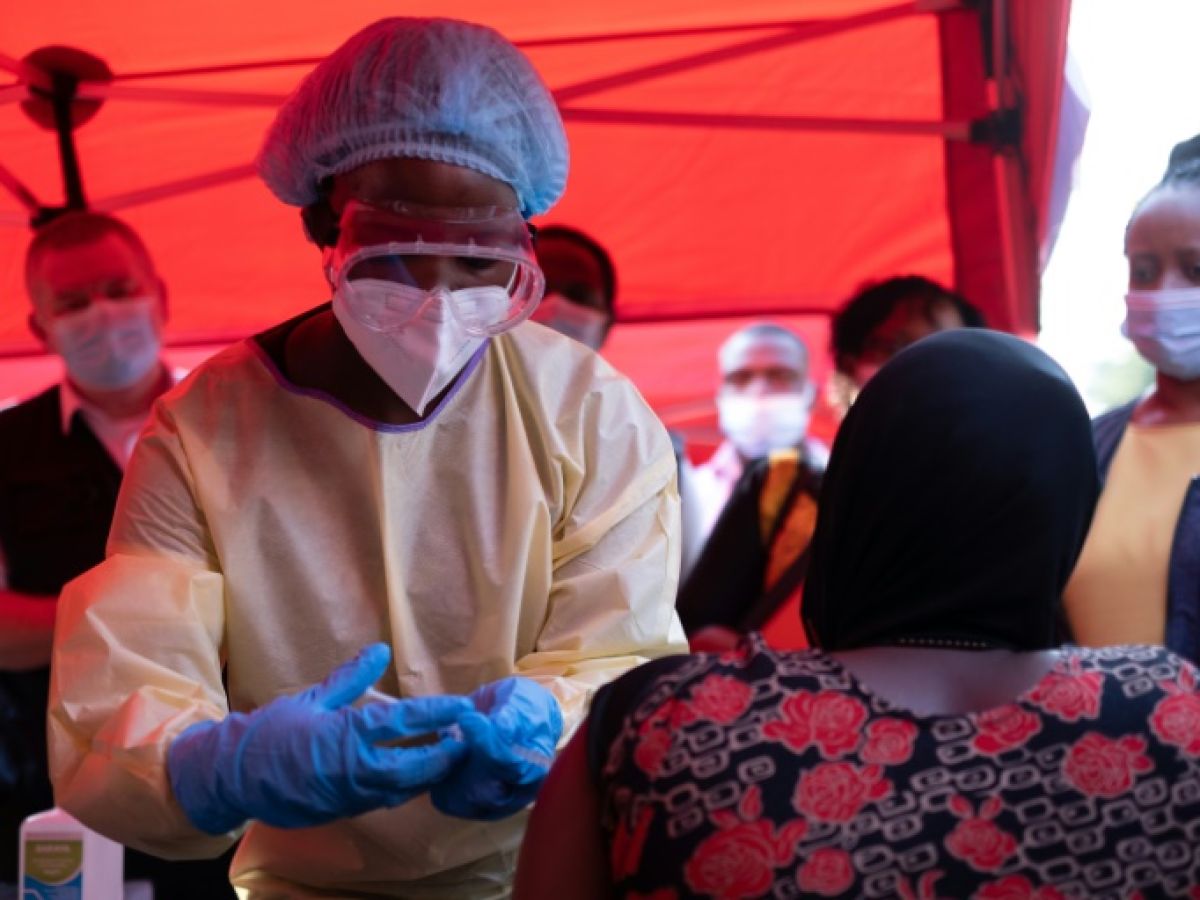Uganda declared the end of an Ebola virus outbreak that has killed at least two people since late January in the African country in the Great Lakes region on Saturday, 42 days after the last confirmed patient was discharged from hospital.
This was the sixth time Uganda had been affected by this viral hemorrhagic fever, which has six different strains, three of which (Bundibugyo, Sudan, Zaire) have already caused major epidemics.
Twelve cases of the Ebola-Sudan strain had been confirmed, and two probable cases had been identified since the outbreak was announced in late January. It has resulted in two confirmed deaths: a four-year-old child and a nurse.
Two "probable" deaths were also recorded, according to the World Health Organization (WHO).
"The current Ebola virus disease-Sudan outbreak is officially over," the Ugandan Ministry of Health said on X. "This follows 42 days without a new case since the last confirmed patient was discharged on March 14," it added.
"Ten people have recovered from the infection. A total of 534 people have been identified as having been in contact with the confirmed and probable cases and have been closely monitored," the WHO said in a statement.
There is currently no vaccine against Ebola-Sudan.
But a vaccine trial against this strain was launched in early February in Uganda, "in record time" according to WHO Director-General Tedros Adhanom Ghebreyesus.
“This outbreak has presented us with new challenges. It has affected both urban and rural communities across the country and has taken place against a backdrop of severe global financial constraints,” said Dr. Chikwe Ihekweazu, the organization’s acting regional director for Africa, in a statement.
In early March, the United Nations launched an appeal to raise $11.2 million to tackle the epidemic, after the United States announced it was halting most of its humanitarian aid.
Washington has notably announced its withdrawal from the WHO, which will have to reduce its budget by a fifth, reducing its missions and its staff.
Ebola is transmitted to humans through bodily fluids, with the main symptoms being fever, vomiting, bleeding, and diarrhea. Infected individuals only become contagious after symptoms appear, following an incubation period of 2 to 21 days.
All strains combined, this virus has caused more than 15,000 deaths in Africa since 1976.

